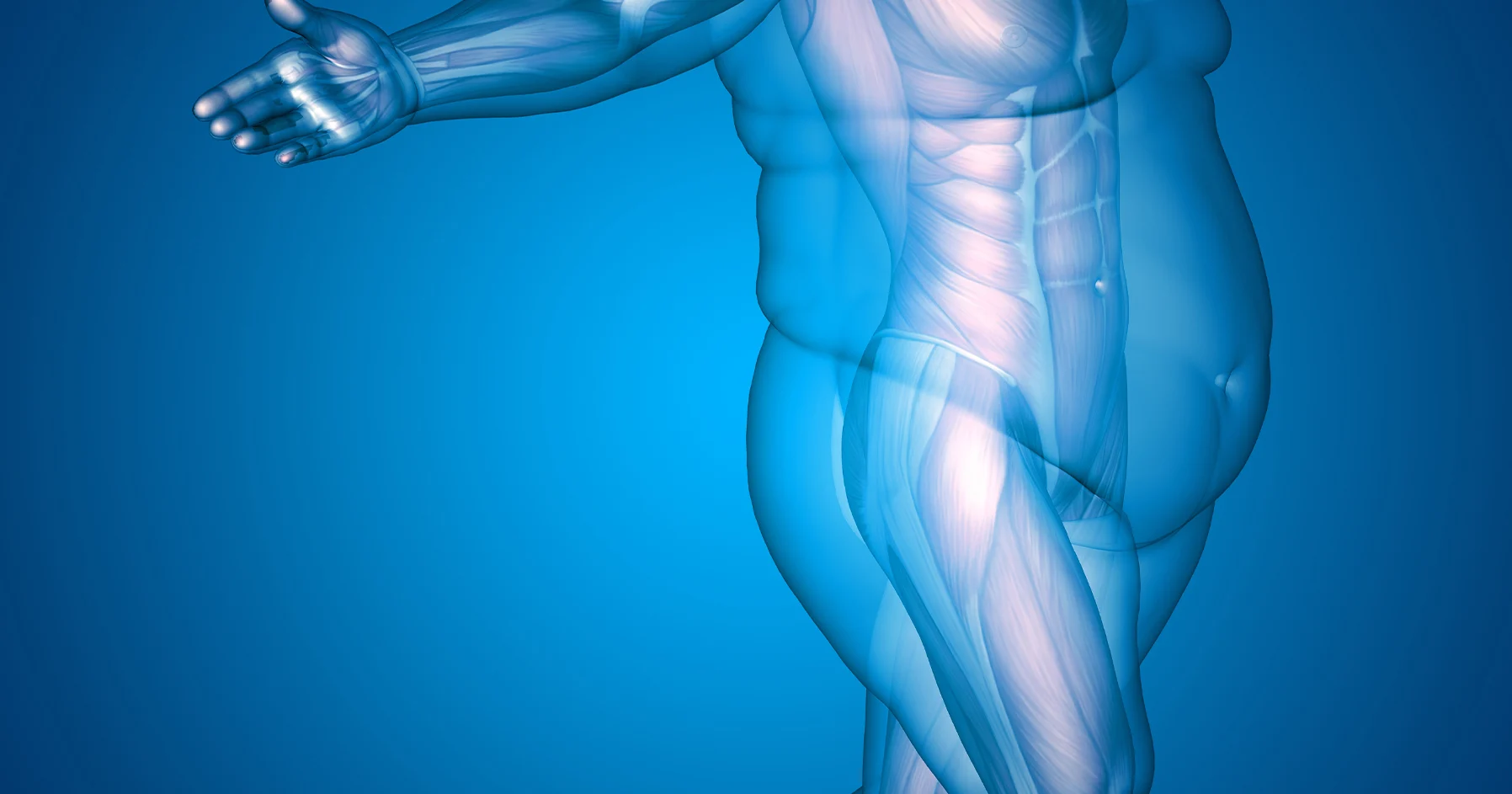
You eat the same. Move the same. But your body doesn’t. You gain weight without changing your habits—and no one believes it’s hormonal. You’re told to try harder. Eat cleaner. Push more.
But your metabolism listens to hormones, not effort alone. And when those hormones misfire, the scale doesn’t move. Or moves too much. In the wrong direction.
What feels like failure is often just feedback from a system out of sync.
Insulin resists first—and fat storage becomes easier
You crave more. You crash faster. Insulin resists first—and fat storage becomes easier. Your cells stop responding. Sugar stays in the blood. The body stores what it can’t use.
You don’t feel full. You feel foggy. And the hunger keeps repeating. This isn’t willpower. It’s biochemistry playing defense.
And until insulin sensitivity returns, weight gain stays ahead of your habits.
Cortisol rises—and tells your body to hold on
You’re always wired. Tired. And inflamed. Cortisol rises—and tells your body to hold on. It slows fat burn. Increases belly storage. Shrinks muscle.
Stress becomes weight. Even when calories don’t change. Even when meals are clean. Because the message isn’t in the food—it’s in the hormones.
And no diet can override a survival signal.
Estrogen becomes unstable—and fat shifts with it
Your weight moves to new places. Hips. Thighs. Waist. Estrogen becomes unstable—and fat shifts with it. High levels trigger more storage. Low levels reduce burn.
You lose your cycle. Or it changes. You feel bloated. Swollen. Misunderstood. Hormones that once protected now feel like they’ve turned against you.
But the body’s still trying to find a rhythm—it just doesn’t remember how.
Low testosterone slows metabolism and energy
You feel flat. Unmotivated. Weak. Low testosterone slows metabolism and energy. Muscle fades. Fat grows. You move less—but not because you’re lazy.
You just don’t recover. Don’t build. Don’t care. And the loop reinforces itself. Fat suppresses testosterone. Less testosterone adds more fat.
And no workout plan fixes a missing hormone.
Leptin stops working—and hunger becomes a trap
You finish meals. Still feel empty. Leptin stops working—and hunger becomes a trap. The brain doesn’t receive the “I’m full” signal. So it keeps asking.
You eat more. But never feel satisfied. And fat, which once made leptin, now resists it. A hormone designed to help now confuses.
And the harder you try, the deeper the trap becomes.
Thyroid slows without warning—and everything drags
You feel colder. Slower. Heavier. Thyroid slows without warning—and everything drags. Digestion. Mood. Weight loss. Fatigue follows. So does frustration.
T3 and T4 aren’t just numbers. They’re momentum. Without them, the body conserves. Stores. Retreats.
And you don’t know you’re off until you’ve lost months to the fog.
Weight gain isn’t just a result—it’s a signal
You blame yourself. But your body’s asking for help. Weight gain isn’t just a result—it’s a signal. Of imbalance. Of overload. Of silence from glands that once spoke clearly.
You’re not broken. You’re misread. Misdiagnosed. Or ignored. And the cycle spins tighter each time your symptoms are dismissed.
You don’t need more effort. You need recognition.
Obesity adds more imbalance—and the cycle deepens
Fat isn’t passive. It talks back. Obesity adds more imbalance—and the cycle deepens. It raises estrogen. Increases insulin resistance. Lowers testosterone. Blocks leptin.
The more you store, the more the system struggles. It’s not just weight—it’s hormonal static. It keeps looping. Until intervention changes the rhythm.
Not restriction. Not shame. But support.
Breaking the cycle starts with seeing it
You can’t break what you won’t name. Breaking the cycle starts with seeing it. With asking what your hormones are doing—not what your willpower isn’t.
With testing. With timing. With tools that match the problem. This isn’t about control—it’s about chemistry.
And once you shift the signal, the weight follows.
